Malaysian SMEs appeal for more staff to be allowed to return to work

Employers are urging the government to allow people who have received their first vaccine dose to get back to work to prevent their businesses from shuttering.
Khmer Enterprise in Cambodia signs agreement to support SMEs
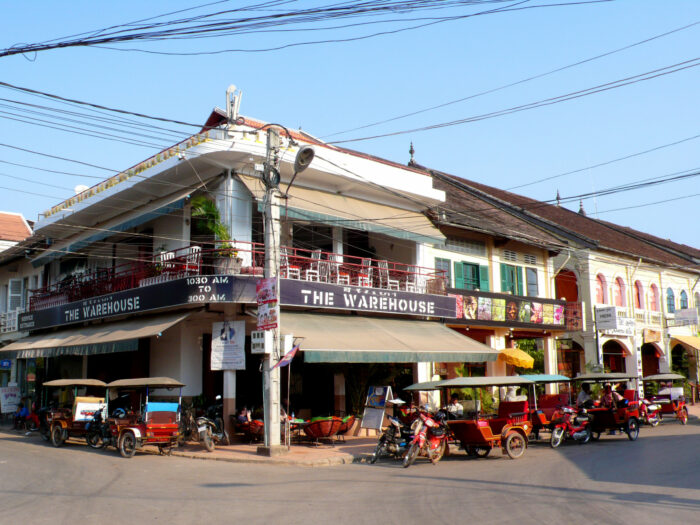
Under the agreement, SMEs and startups in Cambodia will receive support in the form of expertise and resources.
Vietnam launches digital-transformation programme

The digital-transformation programme is designed to help enterprises, cooperatives, and household businesses in their digitalisation efforts.
Singapore’s unemployment rate edges up by 0.2% in July
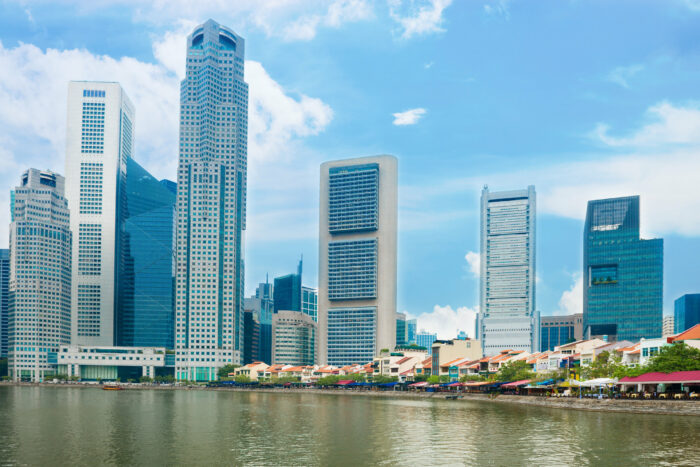
The resident unemployment rate increased from 3.5% to 3.7%, while the citizen unemployment rate rose from 3.7% to 3.9%.
New Zealand temp staff unable to access wage subsidy scheme

The issue of recruitment agencies not being able to access governmental wage subsidies is being examined and discussed.
Singapore explores more pervasive use of COVID-19 tests at the workplace

Authorities are looking into the wider use of antigen rapid tests at the workplace and will be establishing further testing guidelines.
Australian senate passes workplace sexual harassment bill

The Sex Discrimination and Fair Work (Respect at Work) Amendment Bill of 2021 protects all Australians from workplace sexual harassment.
Malaysia’s SME association against GST implementation in 2022

The association warned that SMEs were in their most vulnerable stage and would likely shut down if the economy remained closed.
Government to help SMEs get digitally equipped in Thailand

The Ministry of Commerce is providing assistance to SMEs to be digitally equipped to get through the pandemic.
New Zealand considers additional COVID-19 support for firms

Over 25,000 businesses have signed an Auckland Business Chamber petition calling for the provision of more financial support.
No proof of vaccination during recruitment in Taiwan

The Workforce Development Agency (WDA) has stated that employers are not allowed to ask potential hires for proof of COVID vaccination.
Men earn 1.6 times higher wages than women in South Korea

The gender wage gap, which measures the rate of men’s average pay to that of women, measured 35.9% in 2020.
Job task force in the Philippines attracts participation interest

Business groups and unions have said they wish to contribute to the formation of the government’s employment recovery plan.
Large Japanese firms see 8% drop in summer bonuses
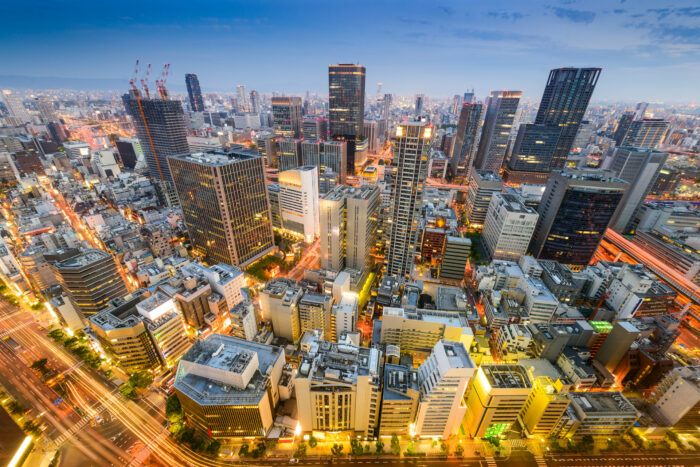
A survey by the Japan Business Federation took into account the agreed bonuses of 159 Tokyo-listed firms with over 500 employees.
Aid for businesses take precedent over minimum wage: Taiwan minister
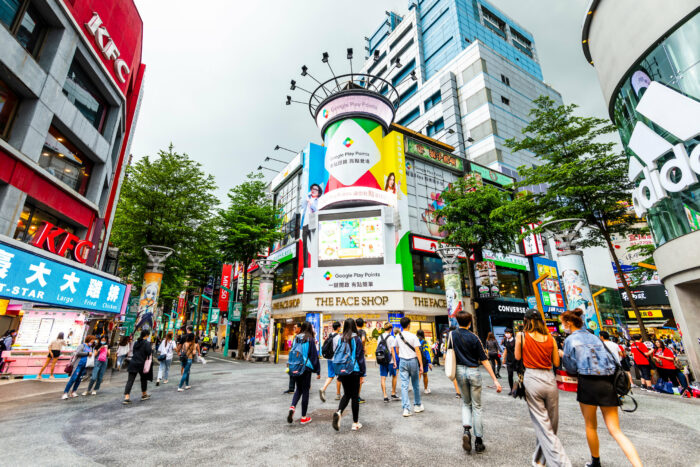
Taiwan is deliberating on the minimum wage for 2022, even as some businesses continue to struggle financially because of the pandemic.
Victoria state reskills mid-career workers for digital jobs

After 12 weeks of training in a new A$64 million programme, workers will be placed in a 12-week paid internship with a Victorian firm.
Factory owners in Malaysia urged to set up workplace vaccination centres
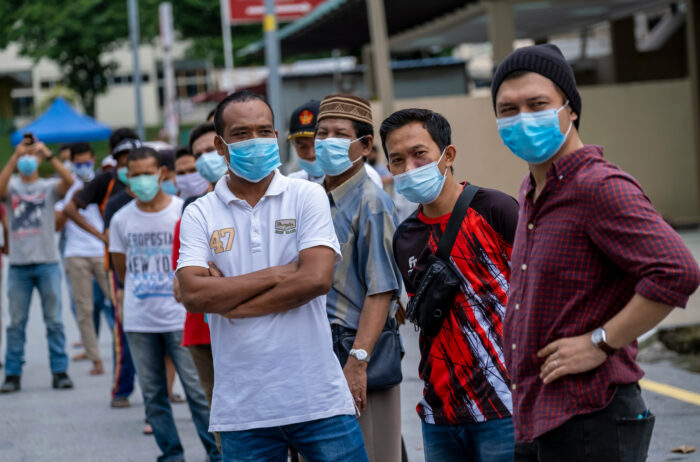
Factory owners who employ foreign workers have been advised to set up their own vaccination centres (PPVs) at their work premises.
Some 70% of South Korean firms telework due to pandemic

A survey found that over 43% of companies did not see their level of productivity affected by remote work.
New Zealand accountants urge for WFH tax policy

Chartered accountants in the country are calling for tax laws to be passed as working from home becomes the new norm.
Singapore redoubles efforts to support lower-wage workers
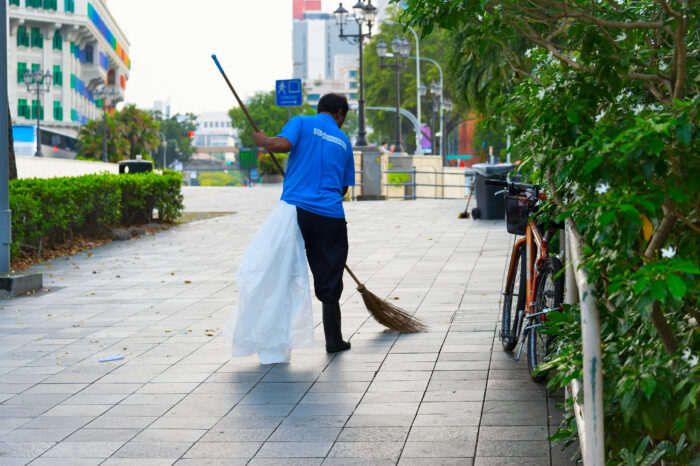
The Progressive Wage Model will be expanded to new sectors such as retail, food services and waste management.
Driving human experience by adopting a skills-first approach

With people at the heart of any organisation, upskilling and reskilling will be key in creating a motivated workforce.
HRM Asia Readers’ Choice Awards 2021: Voting now open!

Cast your vote now and help determine who are the best HR industry partners and solutions providers in 2021.
Thailand to boost employment through Eastern Economic Corridor
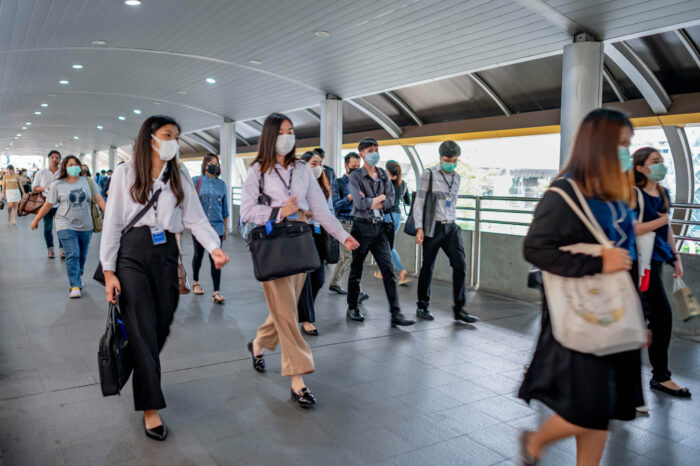
The Labour Ministry is aiming to create almost 400,000 jobs in the country’s Eastern Economic Corridor (EEC) within the next five years.
China expects skills mismatch in future labour market

The country’s new five-year employment plan pledged to boost skill levels in the economy, with a focus on vocational education.
Singapore’s fair employment guidelines to become law

The current guidelines on anti-discrimination at workplaces will be “enshrined” into law, giving the fair employment watchdog more teeth.
Business association urges Malaysia to reopen borders to boost businesses
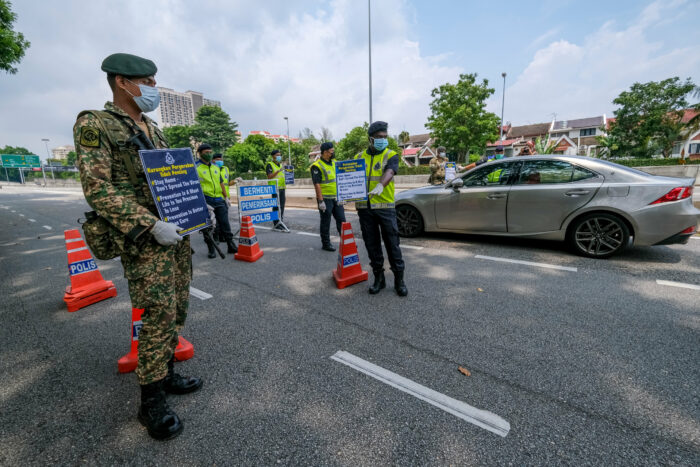
Samenta also calls on for the exemption of hotel quarantines for business travellers who are fully vaccinated and have tested negative for COVID-19.
Protection for persons who administer vaccination in Australia

A compensation scheme has been launched to protect employers and medical professionals who carry out COVID-19 vaccinations.
Singapore supports low-wage workers, extends COVID-19 tests aid

Singapore will ramp up the funding of a scheme that helps local workers whose earnings are in the bottom 20%, receiving not more than S$2,300 a month.
Indonesia launches more community-based vocational training centres
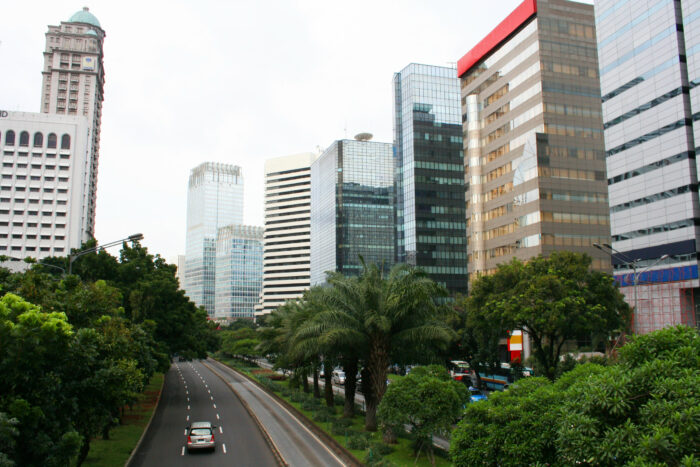
Stage 1 of the community-based vocational training center (BLK) has been launched to improve the competency of the country’s human resources.
More Japanese public servants take up paternity leave

Some 97.2% of the male national public servants whose children were born between July 2020 and March 2021 took paternity leave for at least a month.
